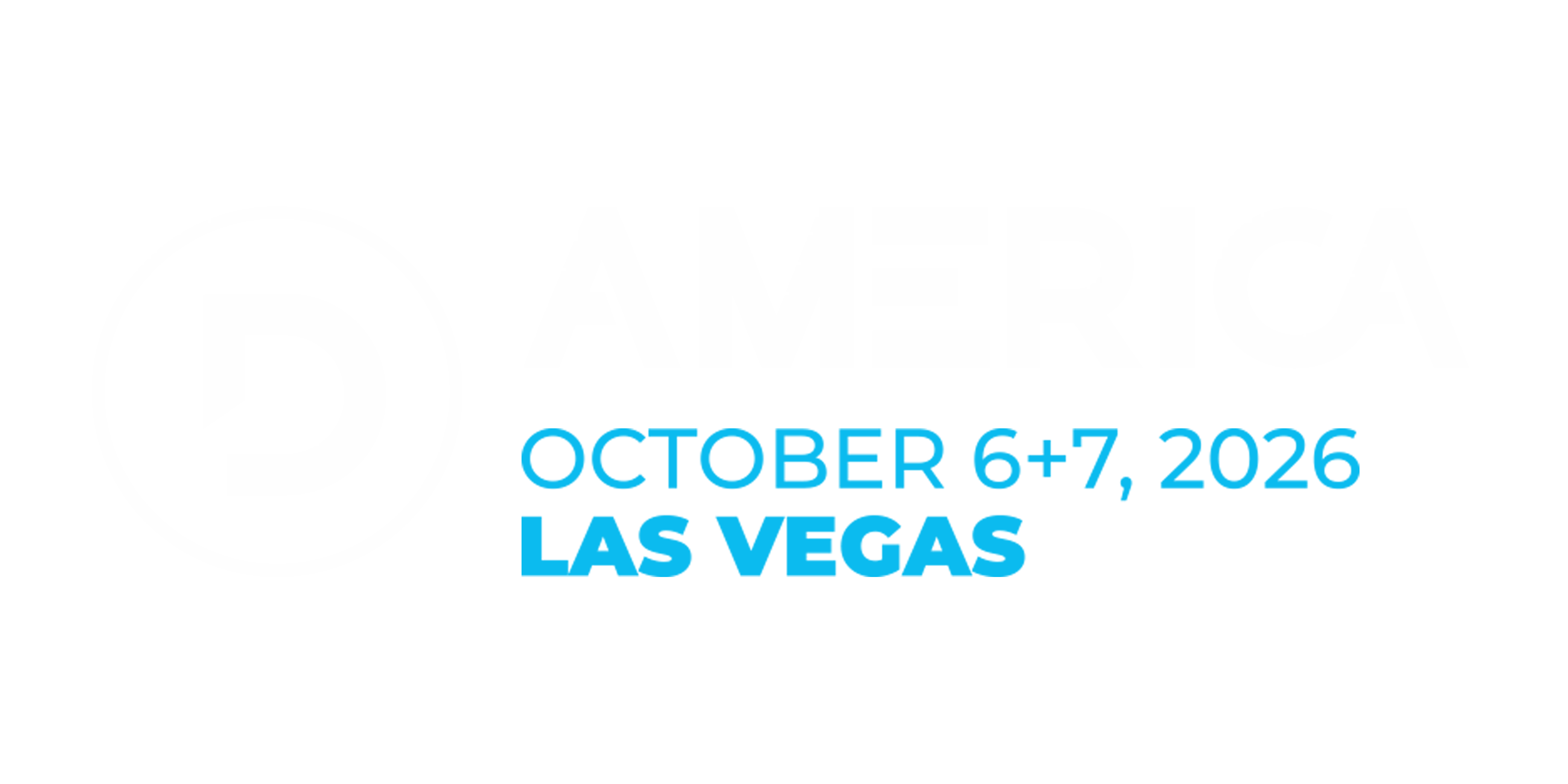Bonus Insights: Shardé Marchewski – Head of Supplier Diversity, Wayfair
)
Shardé Marchewski serves as Wayfair’s Head of Supplier Diversity, and is focused on ensuring the company’s commercial strategy is inclusive of underrepresented groups. At present, she is focused on increasing Wayfair’s assortment of products from Black designers and makers while also establishing the company’s roadmap for supplier diversity. She has been at Wayfair for over four years and grew her career at the company within Category Management for Wayfair Canada.
As a member and former co-leader of WayBlack, Wayfair’s Black Employee Resource Group, Shardé received the company’s Annual Award in 2021 for being a ‘Community Builder’. Prior to Wayfair, Shardé had a career in investment banking covering the consumer retail industry.
WATCH Shardé’s DELIVER America 2023 Keynote: How to Implement DEI Commercial Strategies & Connect with Today’s Consumers
DELIVER:
What are the key challenges that under-represented communities face in getting their goods into the marketplace?
Shardé Marchewski:
I think the biggest thing is really just getting in front of buyers, or whoever is sourcing the product to go on retail shelves. At Wayfair, for example, where we have thousands of suppliers on our platform, the challenge for smaller or diverse-owned businesses is how they get in front of the customer. And in order to help these businesses, you need to have some type of program in place to amplify the suppliers. You need to uplift them, and increase their visibility and awareness, which is something that we're doing through our supplier diversity work, which you can see on our Celebrate Black Makers page.
DELIVER:
Is one of the barriers to entry also the issue of under-representation amongst buyers in a lot of retail organizations?
Shardé:
Yes, and that's one of the things I talked about at DELIVER. It's about being intentional, about looking for diversity. I guess I'll answer it from the flip side. One barrier for suppliers is, “Hey, I exist, how do I make sure that people know me? How can they find me?” On the retailer or buyer side, it’s, “Hey, I'm sure diverse-owned businesses exist, where can I find them?” Often times it takes going through non-traditional avenues such as scraping social media accounts, or looking up small articles written by Black-owned media publications that talk about Black-owned businesses. Many of the suppliers I work with are primarily direct-to-consumer, and they've never met a major retailer. I personally identify as diverse, and know there are business owners that look like me, and I want to see them represented on our platform. So I've been intentional about finding unique ways to source products from diverse businesses in an attempt to give them that shelf space.
DELIVER:
How do you support small suppliers in being able to handle the increase in demand that may arrive once they secure that ‘shelf space’ with an online retailer like Wayfair?
Shardé:
One thing we do is serve as a resource to help coach our suppliers. As a supplier starts to receive more sales, we start talking to them about forecasting so they can plan as a business. We'll help suppliers forecast what happens during peak seasons like ‘Cyber Five’, so they are better equipped for the future.
You always have the issue that a lot of small businesses have with capital, and being able to either front load or produce the inventory they need in order to generate sales. We're able to help them navigate that by partnering with them to understand their needs. So if a supplier says, “I used to be able to afford to bring in 10 units a month, for my inventory but now demand has increased and I can’t keep up because of the capital constraints and cash flow issues,” we try to do a few things. One, we'll pay suppliers faster. We offer faster payment terms to ensure suppliers can reinvest and replenish their inventory. Two, we’ll also extend their lead times so they have more time to process orders. We can be very flexible about helping businesses and how to support them, and as we coach them to think about how to drive conversion and start managing their own inventory, they’ll start to get to a place where lead times are shorter.
DELIVER:
What are some of the success stories that you've seen, where someone's gone from something like an Etsy model to their products now being available across the US?
Shardé:
We're seeing a real impact on the businesses that are in our Supplier Diversity program. Suppliers are moving up the ranks to become top suppliers on our platform. I think every supplier featured in Celebrate Black Makers that we’ve partnered closely with has seen a good boost in traffic and sales, because we're providing them with the added visibility and exposure to make sure our customers are able to find them. As a data-driven company, we’re excited about things like this, because we’re able to continue testing and learning to understand how we can continue to support our suppliers’ growth on our platform.
DELIVER:
What was the historical inflection point of understanding that retailers needed to find, support and elevate black-owned businesses?
Shardé:
If we go back to 2018-2019, before this role, I oversaw furniture and decor for Wayfair Canada. At the same time, I was also a leader for our Black employee resource group. And I kept thinking, “I shop on Wayfair. I know what my house looks like. And I know that I like to support Black-owned businesses. Where are they on Wayfair?” And so myself and a few other folks on my team started to think about how to marry the two, and what we could do to coach diverse businesses.
Fast forward to 2020. You have the murder of George Floyd. I think it was that, unfortunately, that spurred a lot of companies to begin thinking about what to do beyond employee resources groups, and how we can actually lean into helping diverse individuals within our own business strategies and models. And now, I have the opportunity to lead a major company initiative doing just that.
I'm also a consumer. If I was asking, “Where are the Black-owned businesses?”, other people had to be asking the same thing. Now we have actual data points that show that people want to support Black businesses, and that those businesses drive conversion.
DELIVER:
Is this success of these businesses also driving a greater awareness around the need for greater equity and diversity in management teams, particularly at board level?
Shardé:
I think we've always been dedicated to having diverse teams. I've been able to hire numerous diverse candidates over the years, and have helped our recruiting teams think about how we increase representation and retention. So I don't want to say that supplier diversity is now causing people to prioritize it. I think it's something that's been a top priority at Wayfair for years.
A year after I joined in 2018, we hired our first Global Head of DEI (Diversity, Equity and Inclusion). We got into recruiting at historically black colleges, and how we think about leveraging employee resource groups so they are helping to retain individuals, giving training, and making sure that not only do folks have a community within the organization, but it's offering mentoring, and exposure, and networking, and things to make people want to stay at the firm.
I think that supplier diversity has just further enhanced our commitment to DEI. We've been able to show just how much you can embed DEI within a company. Oftentimes, you think of DEI solely within the human capital side, right? How do we get more employees in the door? How do we retain them? How do we think about existing employees? And supplier diversity has helped us to expand beyond that and think about our customer base and our suppliers. It's given us the opportunity to show that we can really embed DEI everywhere. It's been a great example of how we can drive success by leaning into DEI within various orgs inside the company.


